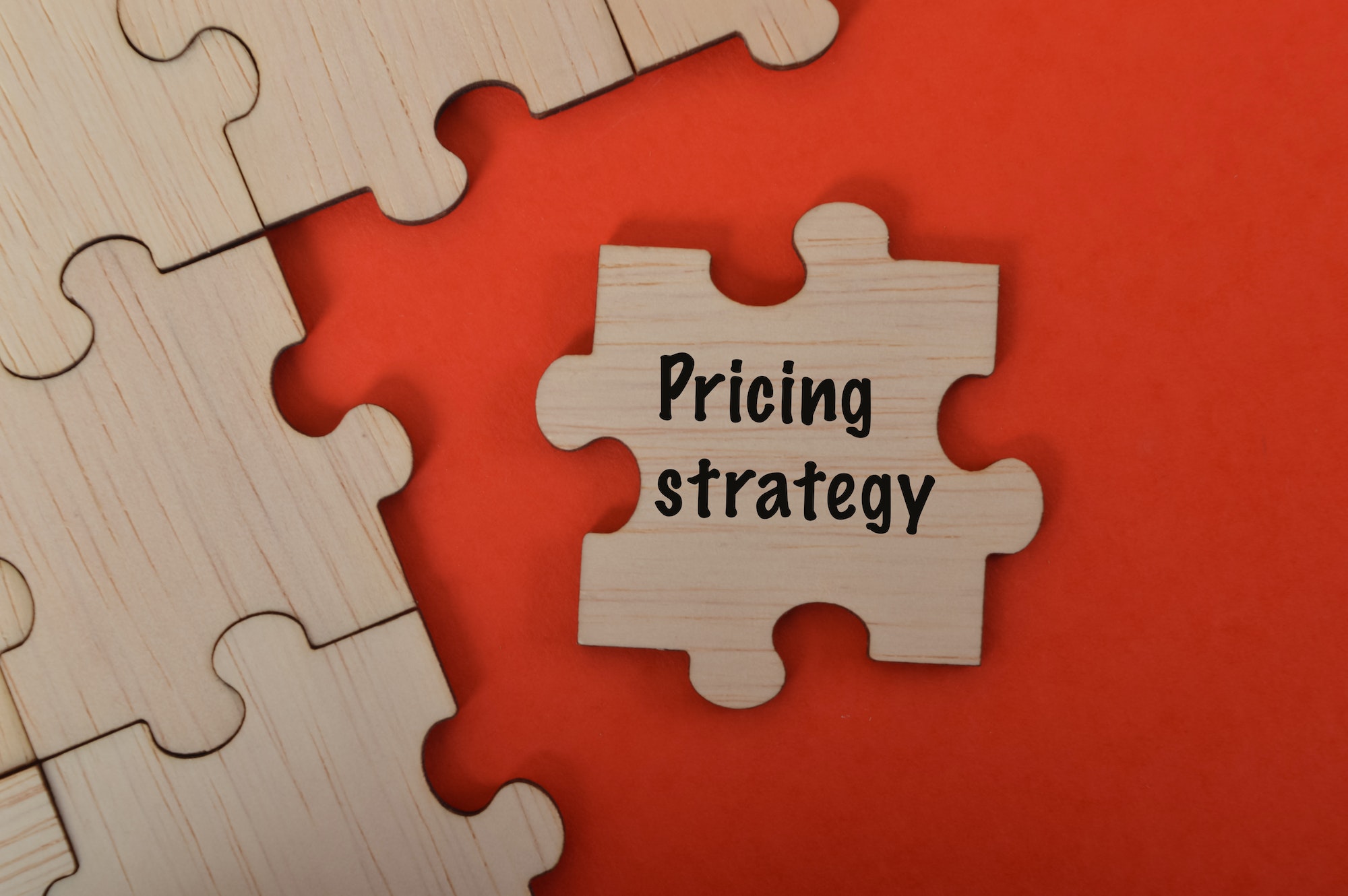Navigating the SaaS Landscape
In the dynamic world of Software as a Service (SaaS), understanding the business model and the role of marketing is crucial for success. This section will provide you with an introduction to these aspects, setting a strong foundation for your SaaS marketing strategies.
Understanding the SaaS Business Model
The SaaS business model is unique, where customers pay a subscription fee to access software hosted on a cloud platform. This model offers several benefits, including scalability, flexibility, and reduced upfront costs. However, it also presents certain challenges such as high customer acquisition costs and complex sales cycles.| Advantages | Challenges |
|---|---|
| Scalability | High customer acquisition costs |
| Flexibility | Complex sales cycles |
| Reduced upfront costs | High churn rates |
Importance of Marketing in SaaS Success
In the SaaS landscape, marketing is not just about promoting your product. It’s about building relationships, understanding customer needs, and delivering value at every step of the customer journey. Your marketing strategy influences how you attract leads, convert them into customers, and retain them over time. Effective marketing can help you differentiate your SaaS product in a competitive market, reduce customer acquisition costs, and increase customer lifetime value. Your marketing efforts should aim to attract the right audience, provide them with valuable content, and guide them through the sales funnel. A well-crafted marketing strategy can lead to lower churn rates, higher customer satisfaction, and sustained business growth. Your SaaS marketing strategies should be comprehensive, encompassing various aspects such as content marketing, email marketing, SEO, and social media marketing. Each of these elements should work together to create a cohesive and effective marketing plan. For more insights on formulating a marketing plan for your SaaS business, you can visit our article on SaaS marketing plan. Understanding the SaaS business model and the importance of marketing is the first step towards mastering your SaaS success. With this knowledge, you can better align your business goals with your marketing strategies, ensuring a successful and profitable journey in the SaaS landscape.SaaS Marketing Fundamentals
As you navigate the realm of SaaS business, understanding the fundamental elements of SaaS marketing is essential. Having a solid grasp of the key components of a SaaS marketing strategy and your target audience will help you drive business growth and customer acquisition.Key Components of a SaaS Marketing Strategy
A well-crafted SaaS marketing strategy is a roadmap that guides your business towards achieving its goals. It encompasses various elements, each one playing a critical role in your overall success. Here are the key components to consider: Product Positioning: Define how your SaaS product or service stands out in the market. This involves understanding your unique selling proposition and conveying it effectively to your potential customers. Pricing Strategy: Your pricing strategy directly impacts your revenue and perceived value. It should be well thought out and align with your overall business goals. For more insights, see our article on saas pricing strategy. Content Marketing: High-quality, relevant content not only attracts but also engages your audience. It helps in establishing authority and trust in your brand. Discover more in our guide on saas content marketing. Email Marketing: Emails remain a powerful tool for reaching out directly to your customers and leads. They can be used to nurture relationships, update customers, and drive conversions. Learn more about saas email marketing. Lead Generation: A consistent flow of leads is crucial for any SaaS business. Effective lead generation strategies help you attract potential customers and convert them into paying customers. Read more about saas lead generation.Understanding Your Target Audience
 Knowing your target audience is a fundamental aspect of your saas marketing strategies. It helps you understand who your customers are, what they want, and how to effectively communicate with them.
Start by creating a buyer persona. This is a semi-fictional representation of your ideal customer based on market research and real data about your existing customers. It should include demographic information, behavioral traits, needs, and challenges.
Understanding your target audience allows you to create personalized marketing campaigns that resonate with your potential customers. It helps you attract the right people, convert them into customers, and keep them engaged with your brand.
As you refine your understanding of your audience, remember to revisit and update your buyer personas. This will ensure that your marketing efforts continue to align with your audience as they evolve over time.
Mastering these SaaS marketing fundamentals is the first step towards building a successful SaaS business. By understanding your marketing strategy components and your target audience, you can create effective marketing campaigns that drive growth and success for your SaaS business. For a more detailed guide on SaaS marketing, check out our comprehensive saas marketing plan guide.
Knowing your target audience is a fundamental aspect of your saas marketing strategies. It helps you understand who your customers are, what they want, and how to effectively communicate with them.
Start by creating a buyer persona. This is a semi-fictional representation of your ideal customer based on market research and real data about your existing customers. It should include demographic information, behavioral traits, needs, and challenges.
Understanding your target audience allows you to create personalized marketing campaigns that resonate with your potential customers. It helps you attract the right people, convert them into customers, and keep them engaged with your brand.
As you refine your understanding of your audience, remember to revisit and update your buyer personas. This will ensure that your marketing efforts continue to align with your audience as they evolve over time.
Mastering these SaaS marketing fundamentals is the first step towards building a successful SaaS business. By understanding your marketing strategy components and your target audience, you can create effective marketing campaigns that drive growth and success for your SaaS business. For a more detailed guide on SaaS marketing, check out our comprehensive saas marketing plan guide.
How can Saas Marketing Strategies be adapted for success in the test prep services industry?
When it comes to the test prep services industry, it’s essential to succeed with digital marketing. By utilizing Saas marketing strategies such as targeted email campaigns, social media advertising, and SEO optimization, test prep companies can efficiently reach their target audience and improve their overall success in the market.
Developing Your SaaS Marketing Strategy
Crafting a robust marketing strategy is fundamental to the success of any SaaS business. It’s the blueprint that guides your marketing efforts, helping you connect with your target audience and convert them into paying customers. In this section, we will explore three crucial elements of a successful SaaS marketing strategy: building a strong value proposition, creating compelling content, and leveraging email marketing.Building a Strong Value Proposition
Your value proposition is the pillar of your marketing strategy. It captures the unique value your software provides and why customers should choose it over competitors. Crafting an effective value proposition requires a deep understanding of your target audience, their needs, and how your software meets those needs. When building your value proposition, focus on the specific benefits your software offers. Highlight its unique features and how they solve specific problems for your customers. Remember, your value proposition is not just about what your software does, but how it makes your customers’ lives easier or their businesses more efficient. For more insights on creating a compelling value proposition, you can visit our guide on saas product marketing.Creating Compelling Content
Content is a powerful tool in your SaaS marketing arsenal. It allows you to demonstrate your expertise, provide value to your audience, and build trust. Creating engaging and informative content can attract potential customers and guide them through the buyer’s journey. Your content strategy should include a mix of blog posts, videos, webinars, white papers, and case studies. Each piece of content should provide valuable insights, solve a problem, or answer a question for your audience. Remember, the goal of your content isn’t just to sell your software, but to build a relationship with your audience and position your brand as a trusted resource. For more tips on creating engaging content for your SaaS business, please read our detailed guide on saas content marketing.Leveraging Email Marketing
Email marketing remains one of the most effective channels for SaaS marketing. It allows you to communicate directly with your audience, providing personalized content and offers that can drive conversion and customer retention. Your email marketing strategy should aim to nurture leads, onboard new customers, promote engagement, and drive upgrades or renewals. Key components of a successful email marketing strategy include personalized content, clear calls to action, and regular analysis of performance metrics. For more information on how to leverage email marketing for your SaaS business, visit our guide on saas email marketing. Crafting a robust marketing strategy is no small task, but with a clear value proposition, engaging content, and strategic email marketing, you can create a powerful plan that drives success for your SaaS business. Remember, the most effective SaaS marketing strategies are those that continually evolve and adapt based on data and customer feedback. Regularly review and refine your strategy to ensure it remains effective and aligned with your business objectives.How Can Saas Marketing Strategies Be Aligned with Pricing Strategies for Success?
When considering saas pricing strategies optimization, it is crucial to align marketing strategies with pricing strategies for success. This involves understanding the target audience, competitive landscape, and value proposition. By integrating these factors, SaaS companies can create a pricing model that maximizes revenue and customer satisfaction.
Advanced SaaS Marketing Strategies
Once you understand the basics, it’s time to delve into some advanced SaaS marketing strategies. These strategies can help you stand out in the crowded SaaS market, attract more customers, and increase your revenue.Utilizing SEO for SaaS
Search Engine Optimization (SEO) is a critical component of SaaS marketing. SEO helps improve your website’s ranking on search engine results pages (SERPs), making it easier for potential customers to find your SaaS product.
Harnessing the Power of Social Media
Social media platforms offer a wealth of opportunities for promoting your SaaS product. You can use these platforms to engage with your audience, share valuable content, and promote your product features and benefits. Each social media platform has its own unique features and audience, so it’s important to choose the right platforms for your SaaS business. Conduct market research to determine where your target audience spends their time online and focus your efforts on those platforms. Use social media to provide customer support, gather feedback, and build relationships with your customers. Regularly measure your social media performance and adjust your strategy as needed to maximize your results.Leveraging Influencer Marketing
Influencer marketing involves partnering with influencers in your industry to promote your SaaS product. These influencers have a large and engaged following, and their endorsement can significantly increase your product’s visibility and credibility. When choosing influencers, look for those who align with your brand values and have a following that matches your target audience. Provide influencers with a clear brief on what you expect from the partnership and ensure they understand your product features and benefits. Influencer marketing can be a powerful tool for boosting your brand awareness, driving traffic to your website, and increasing your customer base. For more tips on leveraging influencer marketing, check out our guide on SaaS go-to-market strategy. Implementing these advanced SaaS marketing strategies can help you reach more potential customers and drive your SaaS success. Remember to continuously monitor your performance, adjust your strategies based on your results, and stay up-to-date with the latest marketing trends and technologies.Tracking and Measuring Success
In the world of SaaS marketing, success is not just about executing strategies but also about tracking and measuring their effectiveness. Understanding the impact of your marketing efforts is vital to refining your tactics and achieving your business goals.Key Performance Indicators for SaaS
Key Performance Indicators (KPIs) are essential metrics that help you assess the effectiveness of your SaaS marketing strategies. Here are some of the key KPIs that you should track:- Churn Rate: This metric indicates the percentage of customers who stop using your SaaS product within a given period.
- Customer Acquisition Cost (CAC): This is the total cost of acquiring a new customer, including all marketing and advertising expenses.
- Customer Lifetime Value (CLV): This metric indicates the total revenue a business can reasonably expect from a single customer account.
- Monthly Recurring Revenue (MRR): This is the measure of your predictable and recurring revenue streams.
| KPI | Description |
|---|---|
| Churn Rate | The percentage of customers who stop using your SaaS product within a given period. |
| Customer Acquisition Cost (CAC) | The total cost of acquiring a new customer, including all marketing and advertising expenses. |
| Customer Lifetime Value (CLV) | The total revenue a business can reasonably expect from a single customer account. |
| Monthly Recurring Revenue (MRR) | The measure of your predictable and recurring revenue streams. |


